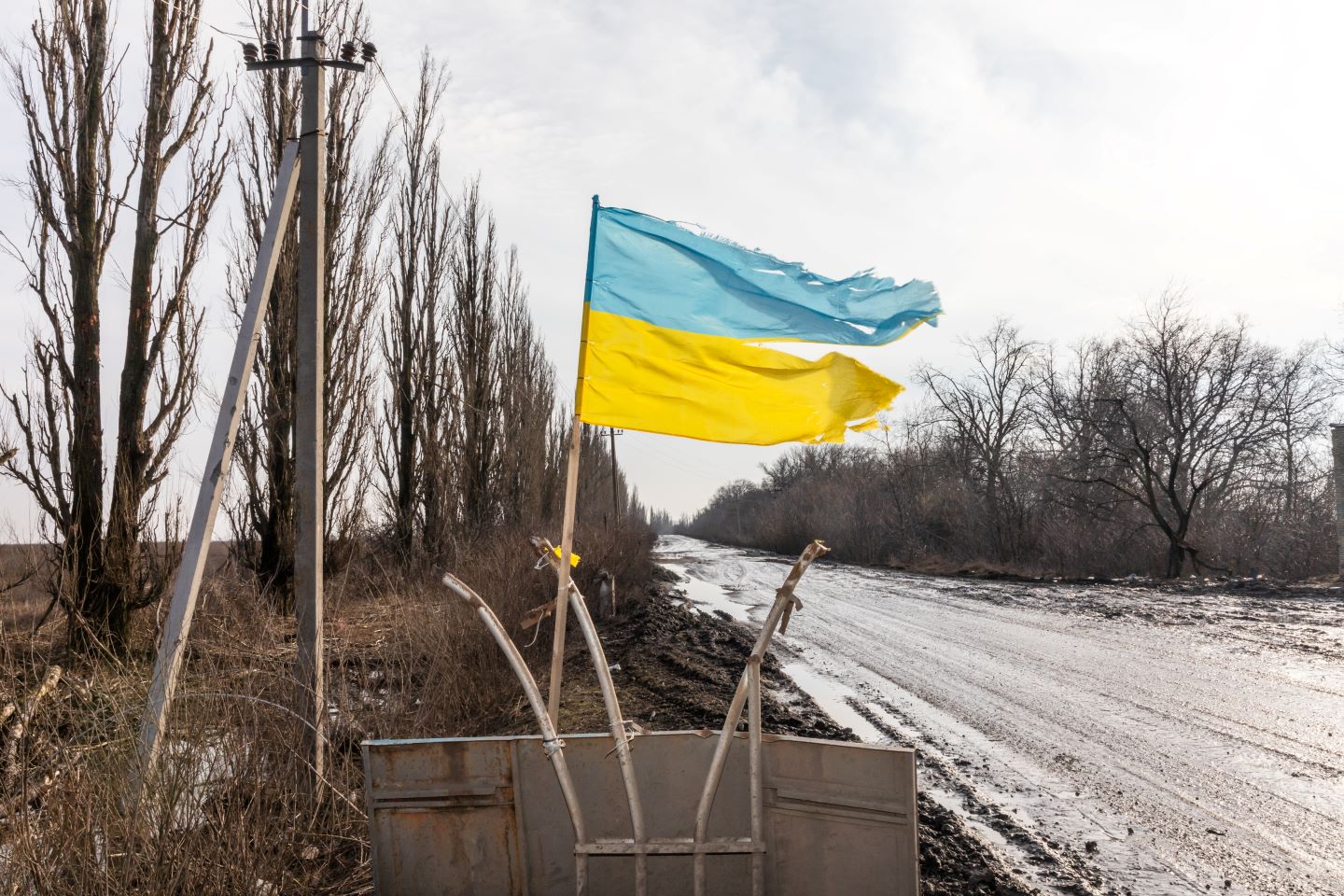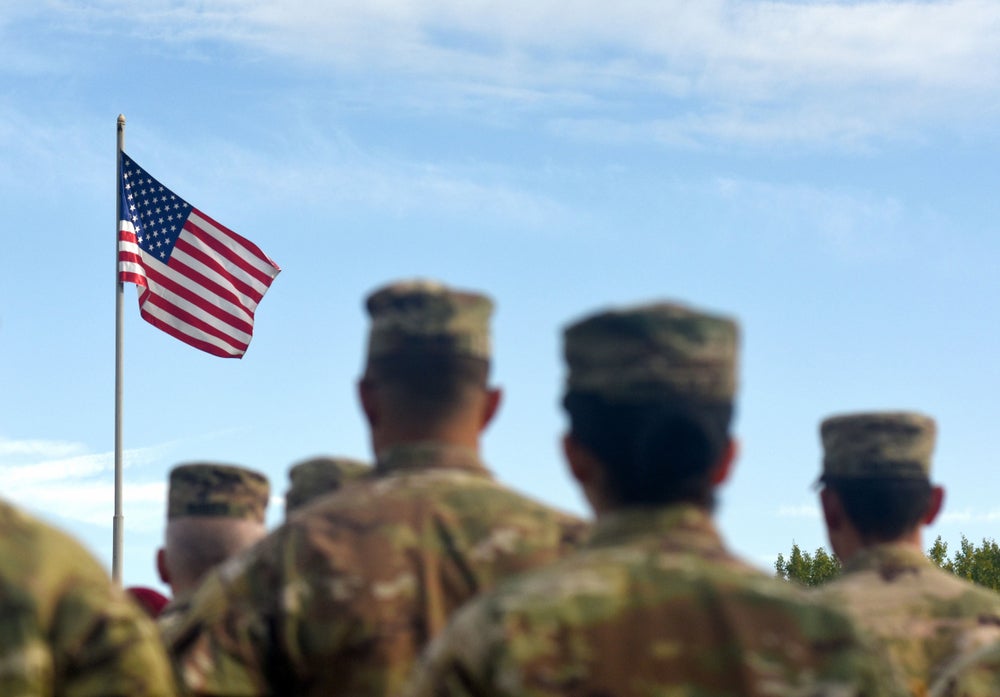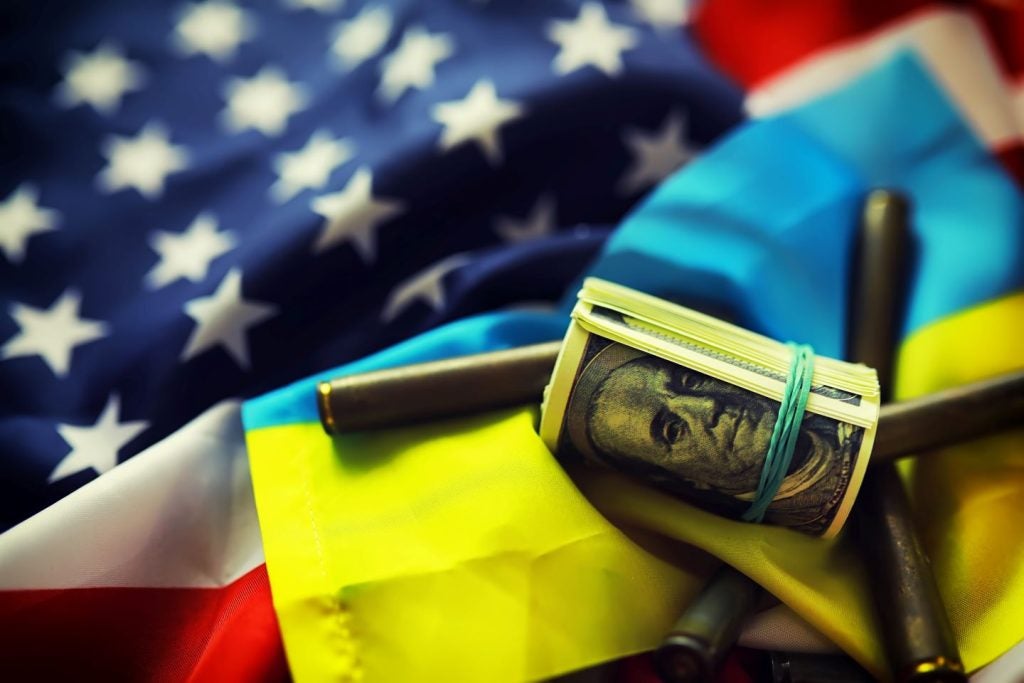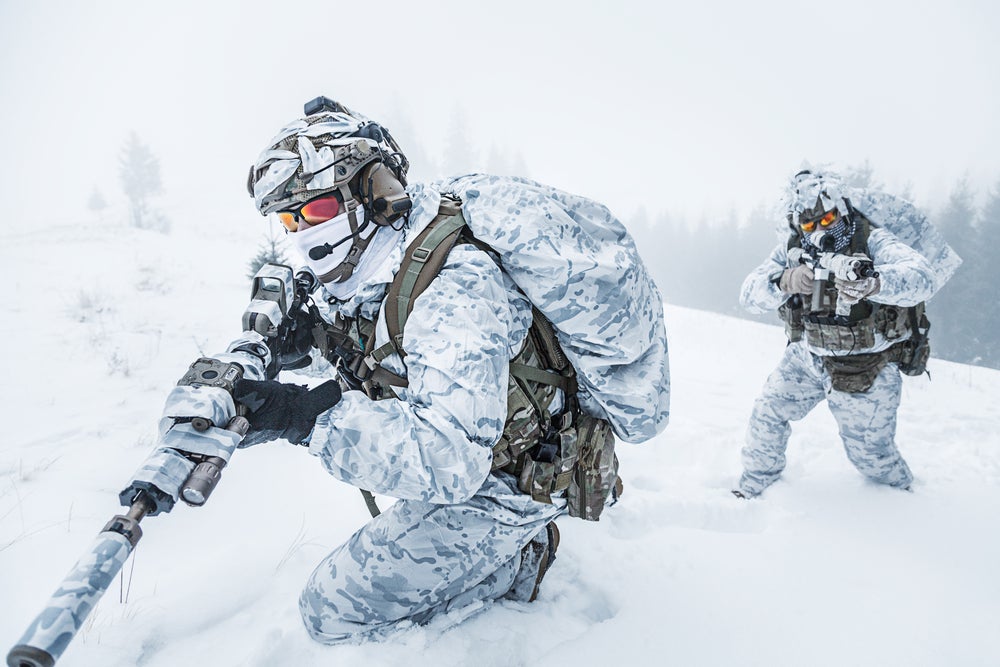Russia is collaborating more closely than ever with its peers in the axis of autocracy–namely, China, Iran, and North Korea. The widespread use of the Iranian Shahed, the deployment of North Korean troops, and now the production of lethal UAS by Chinese companies (albeit perhaps without the knowledge of the government) are all examples of escalation by Russian allies. Putin’s war of aggression in Ukraine continues to expand in scope as foreign personnel and materiel pour into the battlefield.
Of Putin’s three friendliest partners, China has shown the least willingness to openly involve itself in the conflict. Although Putin and Xi declared a “no-limits partnership,” the People’s Republic of China (PRC) has not overtly contributed military personnel or materiel to the conflict, and it claims to have an “impartial position” on the war. Despite this claim, China has helped Russia to evade sanctions, and the US Department of State has accused China of providing Russia with “very substantial” help. The PRC likely does not want to increase the anxiety of China watchers by openly supporting an autocratic power seeking to conquer its neighbour because it might raise questions about its own intentions. China wants to increase its standing in the current international system, and overtly supporting Putin’s war effort would hinder this rise. If China truly wants America’s focus to remain elsewhere in the world, it needs to limit its open involvement in the war.
Of Russia’s three largest allies, Iran has arguably worked more closely than the others thus far to support Putin’s war effort. Iran has sent more than 2,000 drones to Russia, and more recently provided short-range missiles. Iran’s partnership may soon be comparatively less notable, as it is now widely reported that 3,000 North Korean soldiers are helping Russia in its war of aggression against Ukraine. For months, North Korea has supplied thousands of containers of munitions and materiel to support Russia’s war effort, but the arrival of thousands of troops—with thousands more on the way—is viewed by Defense Secretary Lloyd Austin as the “next step” in a growing relationship between the two dictatorships.
It is unclear why North Korea has taken such an interest in aiding Russia at a time of heightened tensions on the Korean peninsula and continued economic struggles, although two theories emerge. The first, more frightening suggestion, is that North Korea’s participation in the conflict may be rewarded with access to nuclear or missile technology. This suggestion is alarming but not out of the question; after all, US Deputy Secretary of State Kurt Campbell says that Russia is already providing military technology to China in exchange for help with the war effort. The second theory is simply that as a narcissistic autocrat, Kim Jong Un simply does not like being ignored for too long; intervening against Ukraine earns the dictator major headlines with little risk to his own rule. Either way, the ties between Russia and North Korea are stronger now than before the war.
North Korea’s troop deployment and the rest of this escalation come as Russian casualties continue at a staggering rate of up to 1,200 a day. An emeritus professor of war studies at King’s College London told an audience last weekend that the loss of Russian personnel is the number one risk for Putin as he continues with his war effort. Another year of losing 400,000 working-age men will have a meaningful effect on Russia’s economy and society. The escalation by those in Iran, North Korea, and China comes as Russia refits old tanks and relies on older recruits. Each country has its own reasons to want to see Russia win—or at least not lose—and now is a critical time with some small Russian momentum in the east of Ukraine. While the arrival of allied troops and materiel to the frontline is not yet measurable, it should be seen as further evidence that these autocratic nations are willing to work together to achieve their individual and collective goals.
See Also:
The growing partnership between these four nations raises questions for Nato and other countries committed to the defence of Ukraine. Some defence experts have called on Europe—but not Nato—to send troops to Ukraine, and many more have urged the delivery of additional materiel to support the country in a time of need. To be sure, Russia’s war of aggression remains a potential flashpoint for global conflict and urges collective thinking from Western powers about the ways to discourage further territorial acquisitions through force.
How well do you really know your competitors?
Access the most comprehensive Company Profiles on the market, powered by GlobalData. Save hours of research. Gain competitive edge.

Thank you!
Your download email will arrive shortly
Not ready to buy yet? Download a free sample
We are confident about the unique quality of our Company Profiles. However, we want you to make the most beneficial decision for your business, so we offer a free sample that you can download by submitting the below form
By GlobalData









Related Company Profiles
China Gas Holdings Ltd
Irani Papel e Embalagem SA